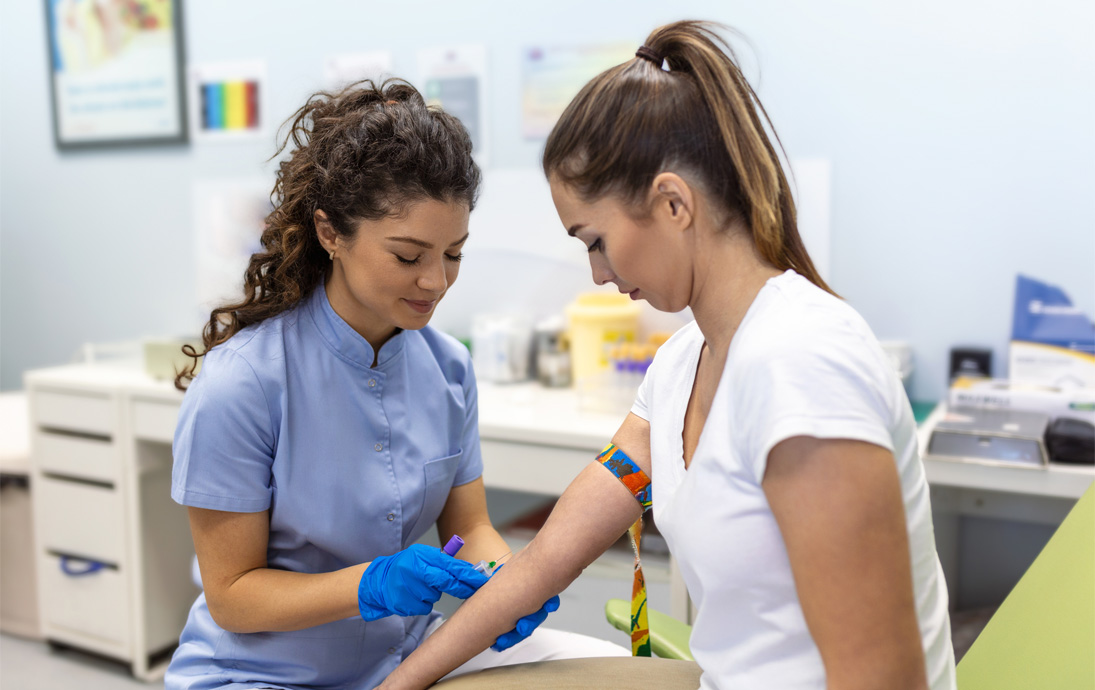
In July 2023, PHP made several preferred insulin products on the PHP drug formulary available to our members with no out-of-pocket cost. While it is difficult to measure adherence to insulin (many patients dosages are changed frequently as medical need changes), PHP saw a 25% increase in insulin prescriptions filled after the introduction of the free preferred insulin list. With this, we can reasonably conclude that members are now better able to get their insulin and not skip refills due to cost.
“At PHP, three of our top six highest cost drug categories are for the treatment of diabetes,” said Nick Sloffer, RPh, PHP’s Director of Pharmacy. “By making insulin more affordable, we know we can help members achieve the best health outcomes and avoid the more severe and advanced health issues that arise from untreated or undertreated diabetes.”
Implementing a no-cost insulin program has several impacts, both for members and for the health plan or insurer. Let’s explore these impacts a little further.
Impact for Members:
- Improved Access and Affordability: Insulin can be prohibitively expensive for many people, causing prescriptions to go unfilled. By providing free insulin, the financial barrier to accessing this essential medication is removed, ensuring members can afford and obtain the insulin they need to manage their diabetes effectively.
- Financial Relief: For individuals with diabetes who struggle to afford insulin, offering it for free through insurance provides significant financial relief. This alleviates the burden of out-of-pocket expenses for critical medications, and the member is not forced to choose between insulin or other potentially basic needs.
- Reduced Hospitalizations and Emergency Room Visits: When individuals have reliable access to insulin, they are less likely to experience severe fluctuations in blood sugar levels that could lead to acute complications requiring emergency care. This can lead to fewer hospitalizations and emergency room visits related to uncontrolled diabetes, which in turn reduces healthcare costs for both individuals and the healthcare system.
- Better Health Outcomes: Access to free insulin promotes better adherence, which translates into improved health outcomes. Consistent access and use of this medication reduces the risk of complications associated with poorly managed diabetes, such as cardiovascular disease, kidney damage, and nerve damage. When people can afford their medication, they are more likely to adhere to their treatment regimen and maintain better overall health.
- Public Health Impact: Diabetes is a widespread chronic condition with serious implications for public health. Ensuring that insulin is affordable and accessible contributes to managing and mitigating the impact of diabetes on a larger scale, which can lead to a healthier population overall and potentially reduce long-term healthcare costs associated with diabetes-related complications.
Impact for Health Plans:
Since implementing our no-cost share insulin program, PHP has saw significant increases in our insulin costs. In the first six months alone, PHP’s insulin cost grew by more than $300,000 over the prior six months. In this same time period, we filled 26% more prescriptions for insulin for our members. While we are absorbing more costs with this program, we see this as an investment to ensure members are treating their diabetes appropriately and hopefully avoiding more costly complications that could arise.
Here are some additional positive impacts for health plans as a result of free insulin programs for members:
- Improved Member Retention and Satisfaction: Members are more likely to be satisfied with their experience and stay with a health plan that covers essential services and medications like insulin at no cost, especially if they have chronic conditions like diabetes that require ongoing medication management.
- Better Disease Management and Prevention: Ensuring members have access to free insulin supports better disease management and prevention strategies. When individuals can afford their medication and manage their condition effectively, they are less likely to develop complications that would require intensive healthcare interventions later on.
- Enhanced Population Health Management: Health plans can use data analytics and population health management strategies to track and support members with chronic conditions such as diabetes. Providing free insulin can be part of a broader approach to proactive healthcare management, helping to identify at-risk individuals earlier and intervene with appropriate support and resources.
- Reduced Long-Term Healthcare Costs: Effective management of chronic conditions like diabetes leads to better health outcomes over time. This can translate into lower healthcare costs for a health plan, as members are less likely to experience severe complications that require expensive medical interventions, hospitalizations, or emergency care if the chronic condition is being managed.
- Potential for Reduced Administrative Costs: While providing free insulin does incur additional direct medication costs for a health plan, it could potentially reduce administrative costs associated with managing claims, appeals, or member inquiries related to medication coverage. Streamlining access to essential medications can lead to more efficient use of the health plan’s resources and time.
Ultimately, the expense and effort of implementing a free insulin program is a good investment for both members and a health plan. While this program contributes to a more sustainable and effective healthcare system and promotes better health outcomes, the long-term strategy can also result in reduced healthcare costs, enhanced member satisfaction and retention, and improved financial performance—all while supporting the health and well-being of members.


